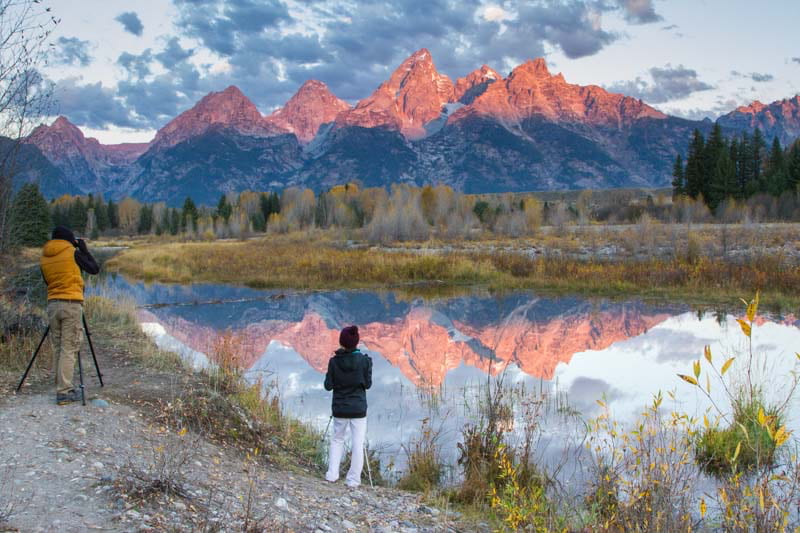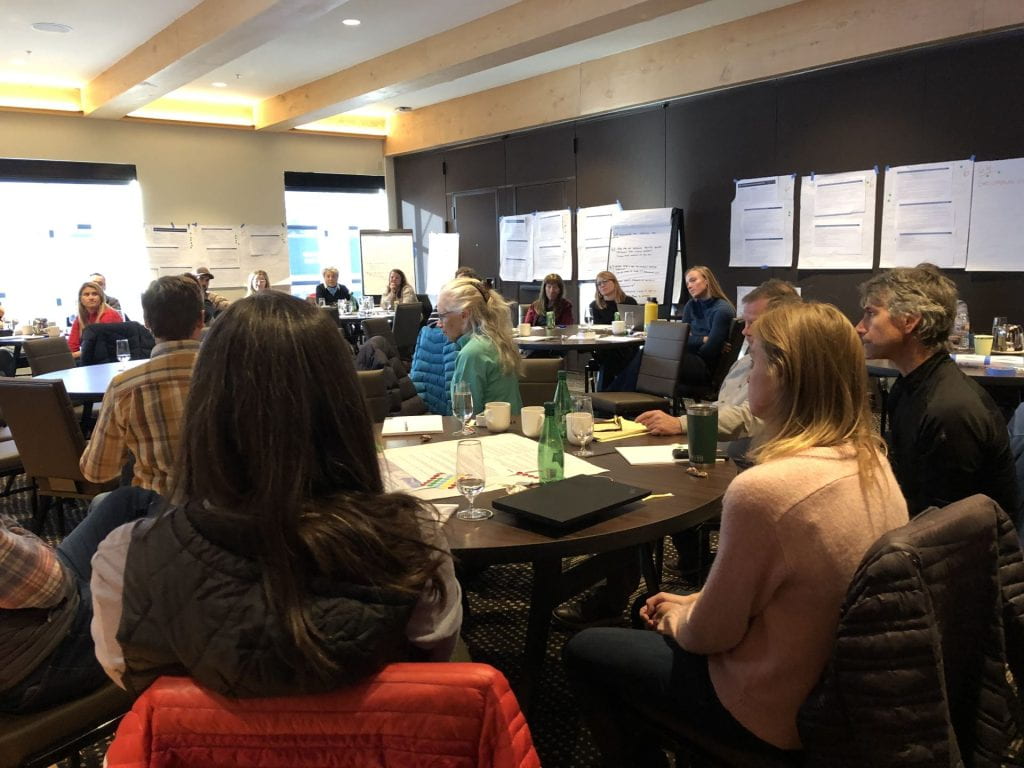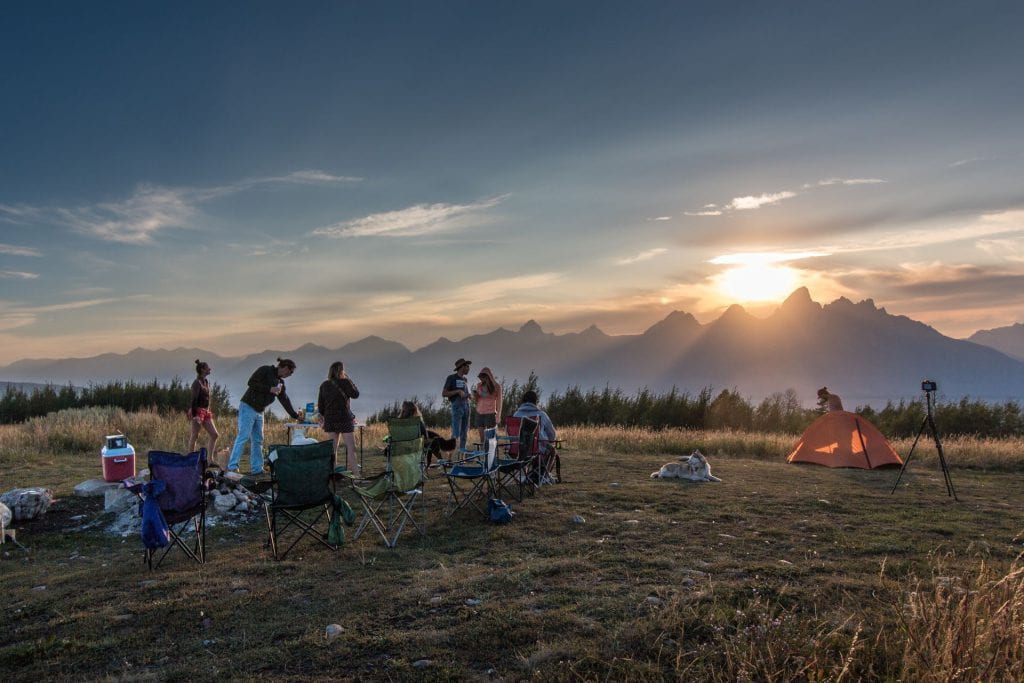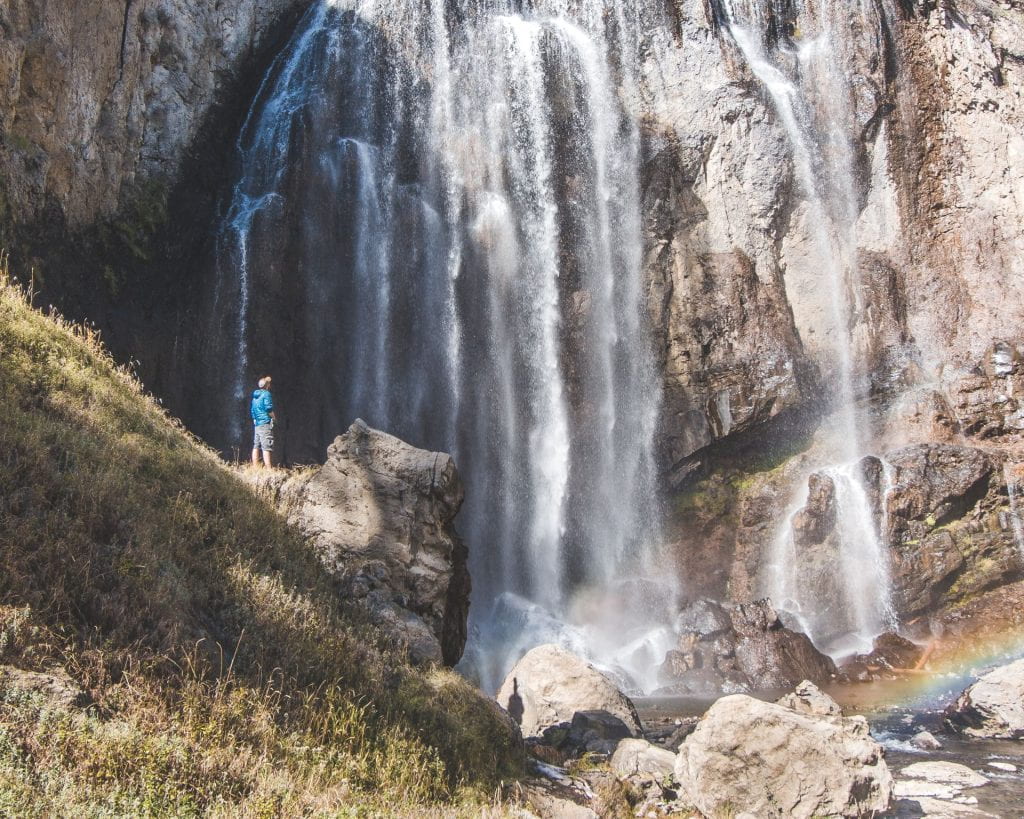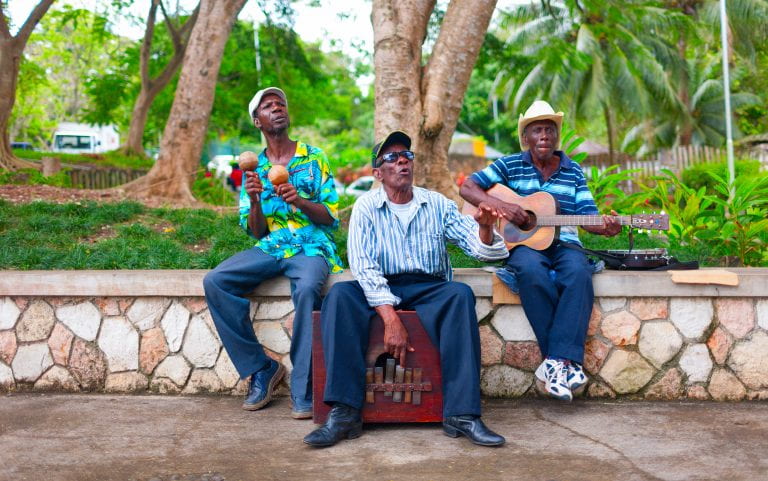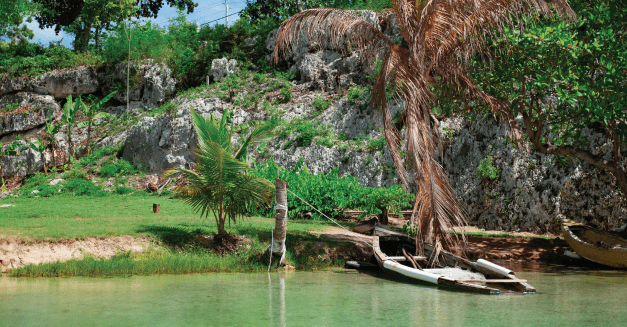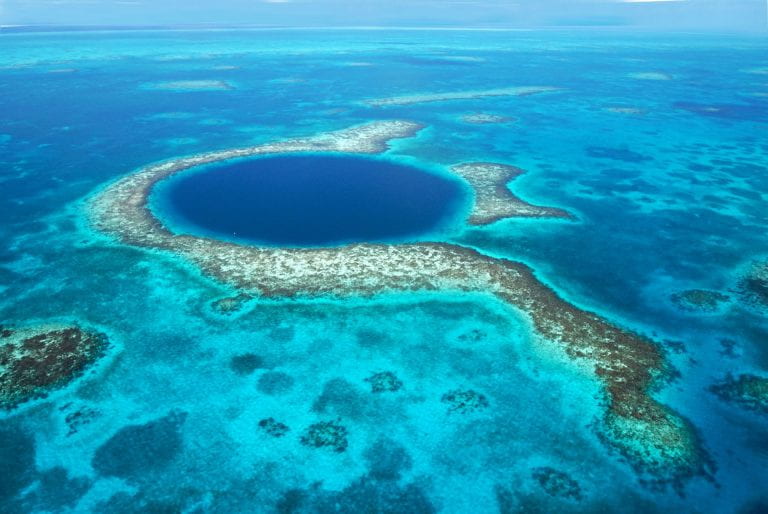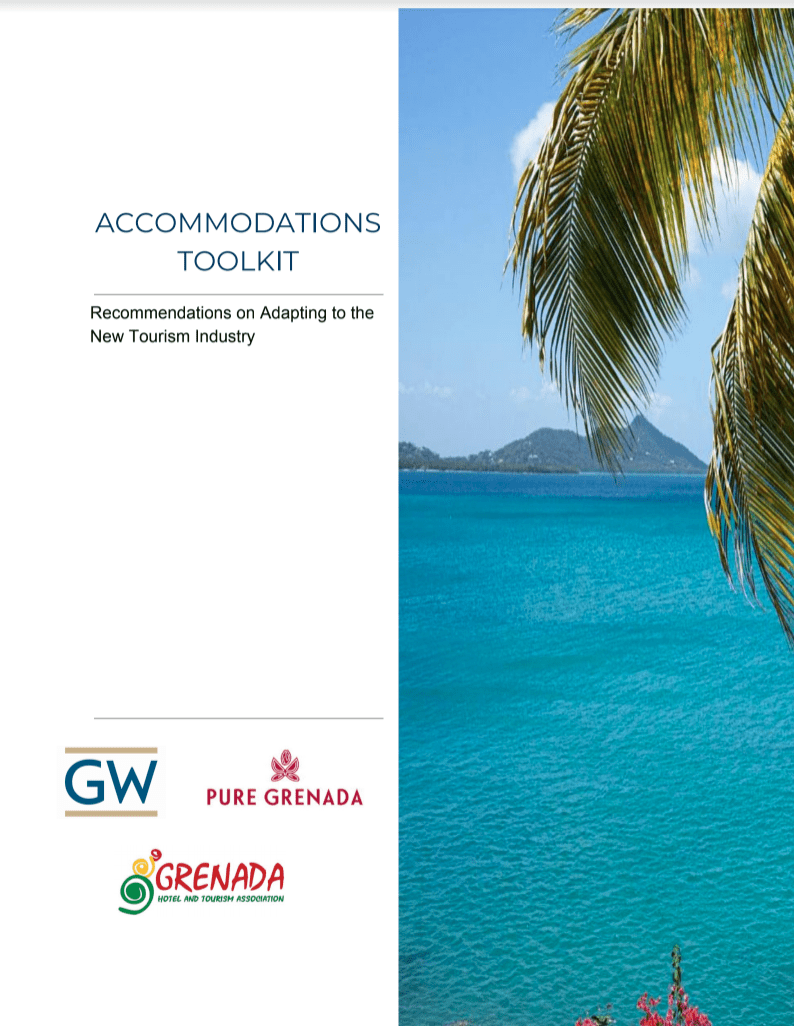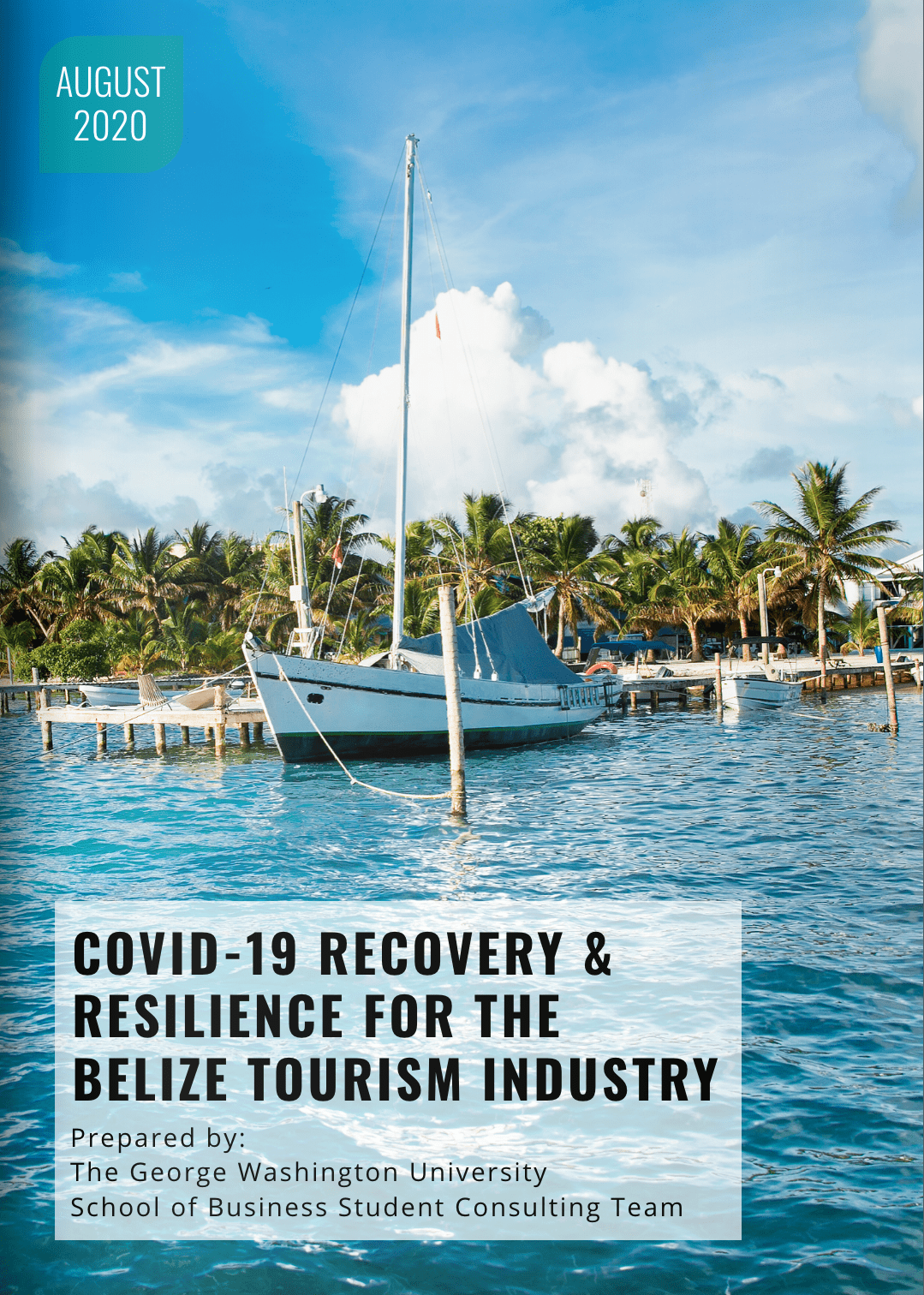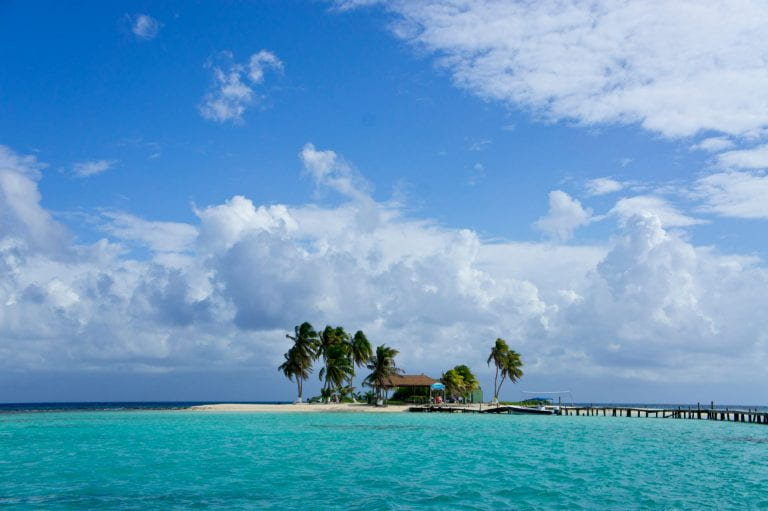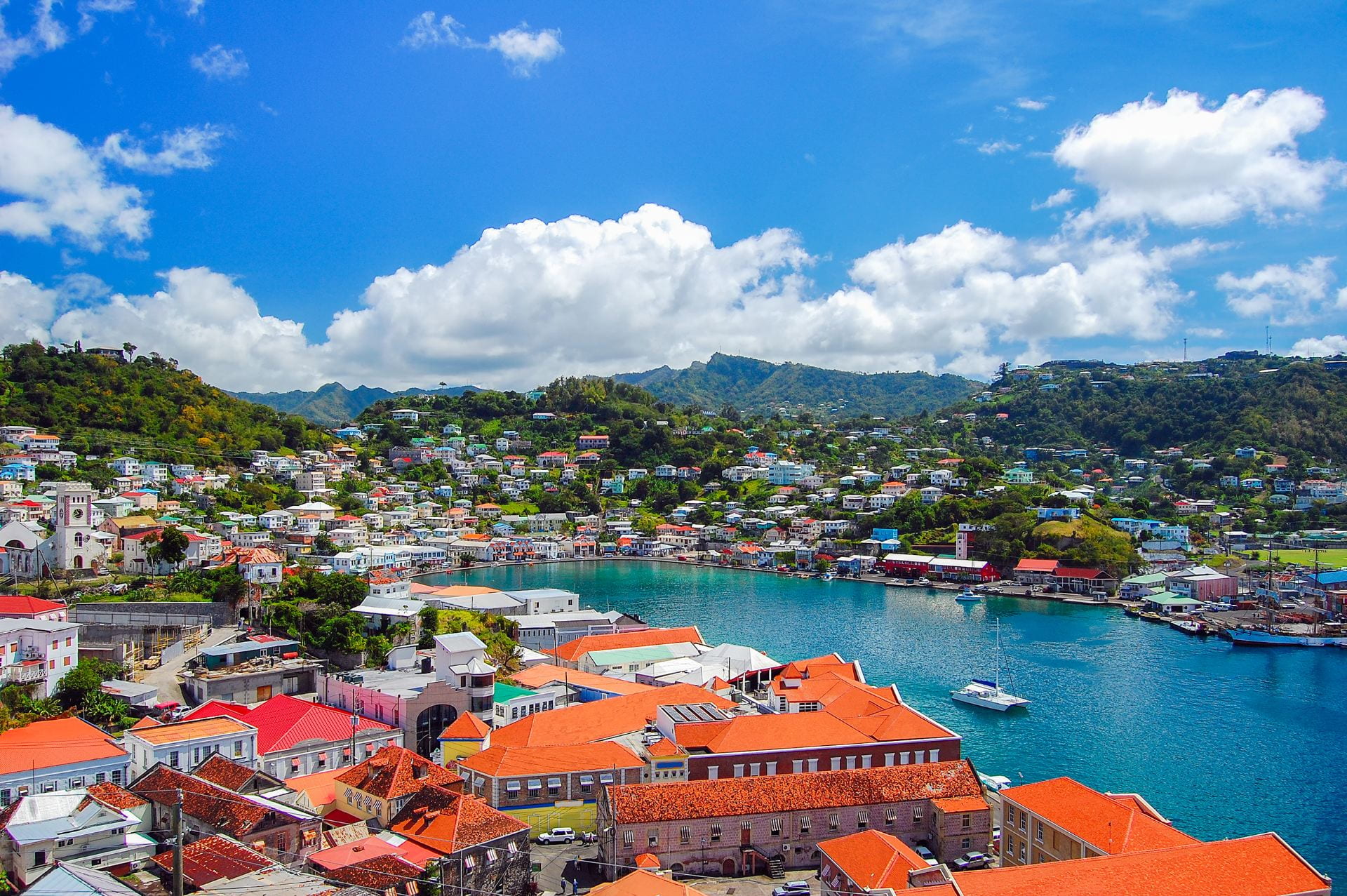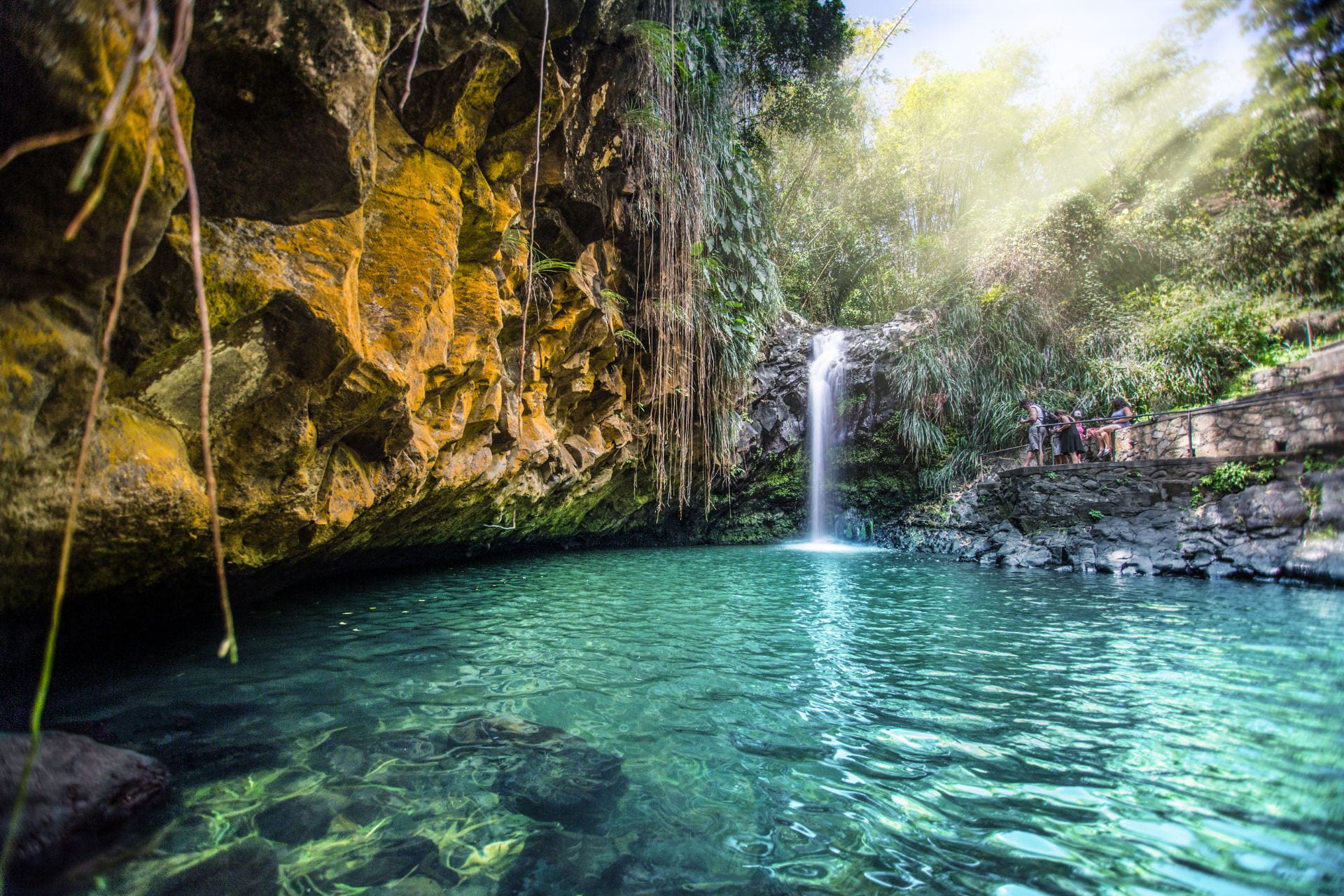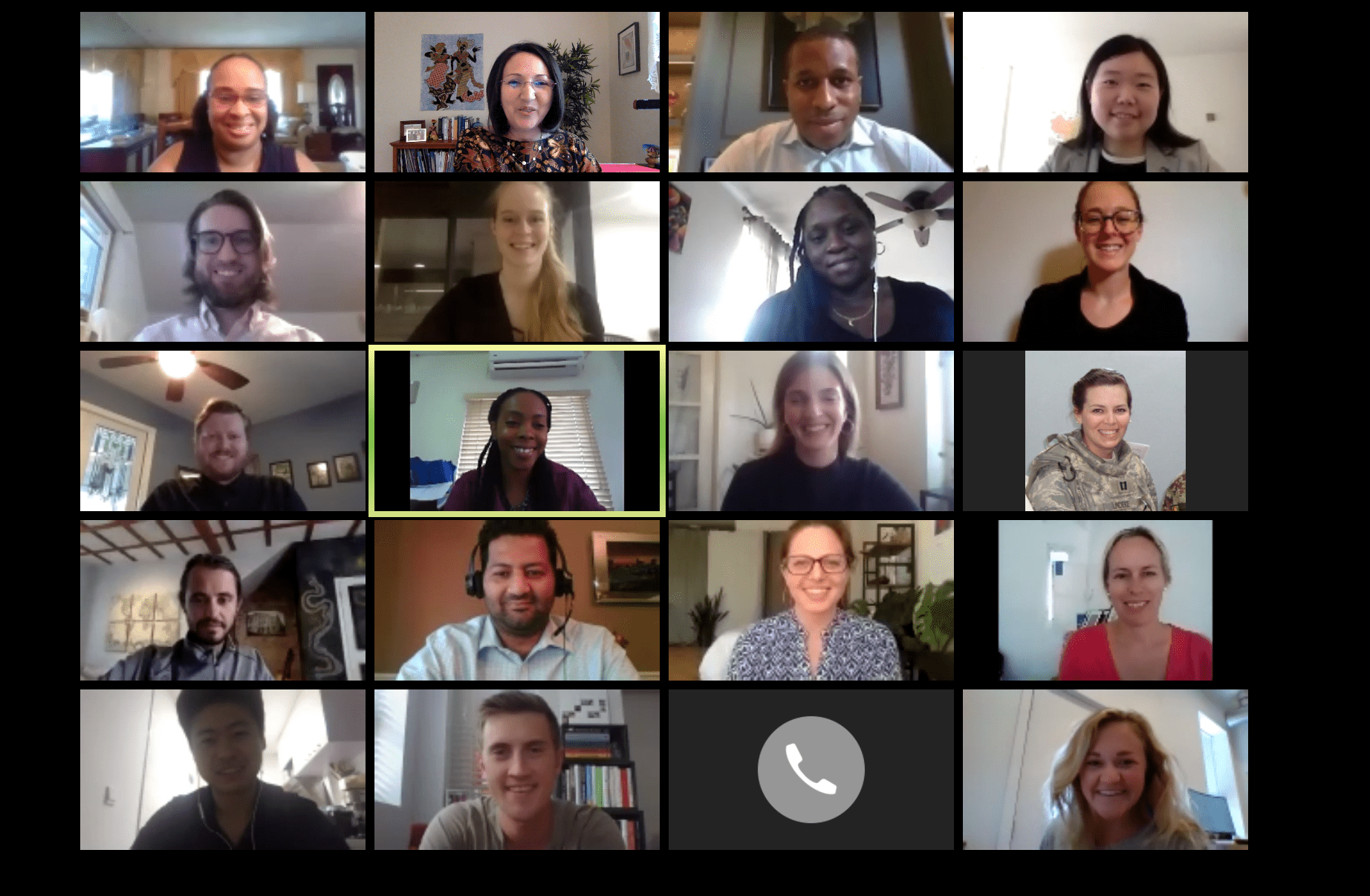At the heart of Destination Forward: Advancing Stewardship in U.S. Tourism Planning, an industry publication produced by the GW International Institute of Tourism Studies in collaboration with the Coraggio Group, is a commitment to advancing more sustainable, accountable, and resilient models of tourism. This effort has been strengthened by the contributions of GW School of Business student researchers, who bring fresh perspectives, curiosity, and rigor to the work. Students Jonathan W. and Amélie L. have played key roles in analyzing stewardship plans, compiling critical data, and helping shape insights that bridge academic research with real-world application. Along the way, they’ve not only uncovered the complexities and challenges destinations face in turning ambitious goals into action but also experienced firsthand how applied research can inform and empower industry leaders.
The GW team formally launched the publication at the 2025 Travel and Tourism Research Association (TTRA) International Conference in Ireland, where they presented key findings and hosted a discussion with Miles Partnership and destination leaders from Vail, Colorado, San Diego, California, and San Sebastián, Spain. The presentation emphasized the study’s unique scope and highlighted its value in providing destinations with insights for addressing challenges such as climate resilience, equity, and community engagement. Both Jonathan and Amélie joined the conference to attend sessions and engage with industry leaders, gaining a firsthand look at how their research contributions are shaping national and international conversations in tourism.
To capture their perspectives, we sat down with them to learn more about what they discovered, what surprised them, and what they’ll carry forward from the project.
Behind the scenes: What were your main responsibilities supporting the Destination Forward research, and what part of that work challenged you (or taught you) the most?
Jonathan: My main responsibility, and what I spent the most time on, was researching and compiling the various sets of indicators (e.g., economic, social, demographic, political, travel/tourism) for the 35 destinations involved in this study. Being responsible for this has taught me a tremendous amount about the principles of good data collection and compilation, of which I am still learning a great deal. It has also been a challenging process, as certain types of data can be difficult to find/obtain, and many times the data is not consistent across destinations, requiring careful work to maintain a certain level of consistency in how it’s sourced, compiled, and presented.
Amélie: In the Destination Forward research project, my main role has been collecting, reviewing, and organizing data from destination stewardship plans across the U.S. More recently, I have taken on project management responsibilities, delegating tasks and tracking progress to meet deadlines. One of the biggest challenges has been maintaining consistency across such varied plans. Each one uses different structures, terminology, and frameworks, so applying a clear and adaptable coding system was essential to align the information. This experience has strengthened my attention to detail, adaptability, and ability to work with large amounts of data.
On the research itself: What part of the research process for Destination Forward surprised you most—either in the data you analyzed or in what you heard from destination leaders?
Jonathan: There was often a disconnect between how the aspirational goal/mission of destination stewardship was described at the beginning of the plans and the actual fleshing out of actionable strategies and tactics presented in a practical step-by-step way in the latter half of the plans (as well as having readily available information/updates on implementation), highlighting the challenges destinations face in shifting to this new model of destination stewardship.
Amélie: One of the biggest realizations I had during this research was recognizing the gap between destination stewardship plans and their actual implementation. Many of these plans were created after 2020, when destinations began restructuring in response to the pandemic. Yet, even now, there is little to no evidence that the goals or actions outlined have been implemented. Some of the proposed actions were truly innovative and thoughtfully designed, with the potential of benefiting the planet environmentally, economically, and culturally. Seeing such promising ideas go unimplemented was both shocking and disappointing, and it highlighted the urgent need for stronger accountability, follow-through, and systems to measure progress.
Collaboration & Mentorship: What did working with the GW team and partners teach you about doing applied research in tourism/destination stewardship? Any “aha” moments about turning research into action?
Jonathan: There’s always a point when conducting a tremendous amount of research like this for it to be analyzed in an actionable way, and working with the GW team and partners really illustrated just how impactful and insightful this kind of applied research can be. Going through that process also provided insight into why data was collected and analyzed in certain ways, and why you sometimes have to go back and modify how it was collected/analyzed.
Amélie: This work is not just about producing a report. With the help of the GW team and our partners, it delivers real insights that truly benefit industry leaders. Through both our research and my experience attending the conference, I have noticed a recurring challenge: a lack of collaboration and trust between industry professionals and academics. This project aims to help close that gap by using academic research to directly support and strengthen the tourism industry. One of my biggest “aha” moments came during the focus groups with representatives from each destination. For months, our information had existed in documents and spreadsheets, but in that Zoom meeting, it came to life. Hearing people share their experiences, challenges, and perspectives added depth and humanity to the plans and to the study as a whole.
Learning at TTRA: Which sessions or talks at the Ireland conference stuck with you, and why? Any ideas you’re bringing back to the project or your coursework?
Jonathan: While there were many sessions I enjoyed with impactful findings and insights, I have a particular interest in film tourism and thoroughly enjoyed the session on the importance of the film sector in driving tourism, which was a panel discussion with representatives from various film commissions/boards throughout Ireland. One insight that stuck with me is how destinations can be transformed overnight by something like marketing through film, whether done intentionally or not, providing both huge benefits and significant challenges to destinations that previously didn’t experience increased tourism, or in some cases, any tourism at all. It reinforced just how important the model of destination stewardship is, so that destinations are resilient and prepared for any fluctuations in tourism.
Amélie: The session that stood out to me the most was presented by Rachel Dodds. She spoke about how tourism has existed for a long time, yet in many ways has made little lasting impact. While destinations often claim to be unique, they often replicate what other places have done successfully rather than creating truly distinctive and sustainable experiences. My biggest takeaway was the need for greater responsibility and accountability within the industry. Another moment from the conference that stayed with me was when a presenter said, “Without data, you are just another person with an opinion.” It reminded me that in tourism, and in any field, ideas and intentions only have value when supported by evidence. This connects directly to the Destination Forward research we are doing, which is focused on producing work that creates meaningful, evidence-based impact.
Advice for future students: If another student joined the project tomorrow, what guidance would you give them to make the most of the experience?
Jonathan: My advice would be to think critically about whatever part of the project you’re working on or area you’re researching, always thinking a few steps ahead and how it fits in with the larger project. I also think it’s important to keep in mind that things are fluid and not always set in stone, so it’s good to be prepared for revisions and modifications to the areas you’re working on as the project advances.
Amélie: Take the initiative to build your network. Everyone brings their own unique background, skills, and passions, which makes our team so dynamic and interesting. The more you connect with others, the more rewarding and valuable the experience will be. Networking isn’t just about exchanging contacts; it’s about forming meaningful relationships that provide support, collaboration, and inspiration long after the project is over.
The Destination Forward project is a cornerstone of our mission at the International Institute of Tourism Studies: to equip destinations and leaders with the tools and evidence they need to thrive sustainably. By engaging students directly in this work, we not only advance the research itself but also prepare the next generation of changemakers who will lead the industry into the future. Jonathan and Amélie’s experiences highlight the value of bridging classroom learning with applied research, and they underscore why collaboration across academia, industry, and communities is essential for building a stronger, more resilient tourism sector.




